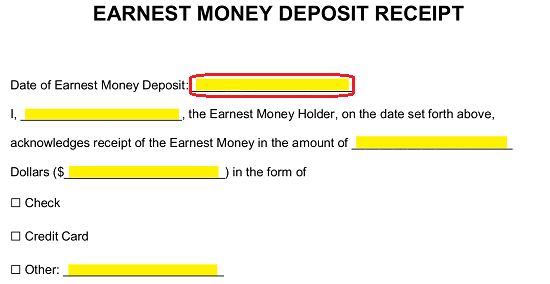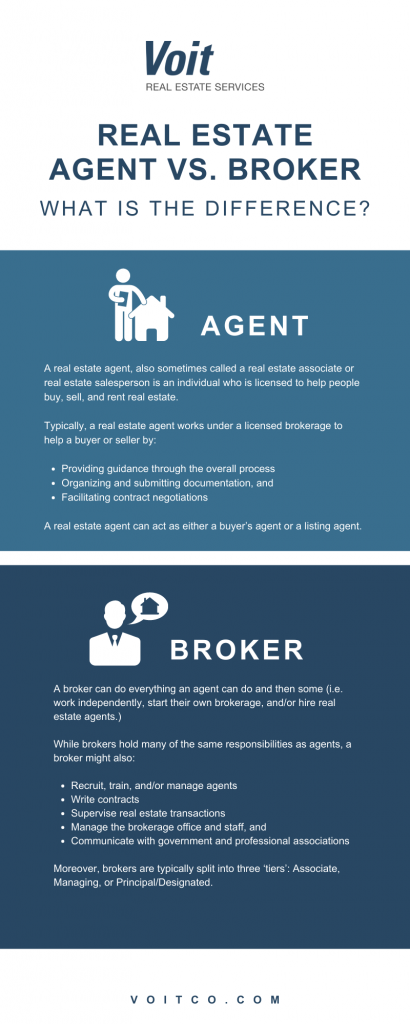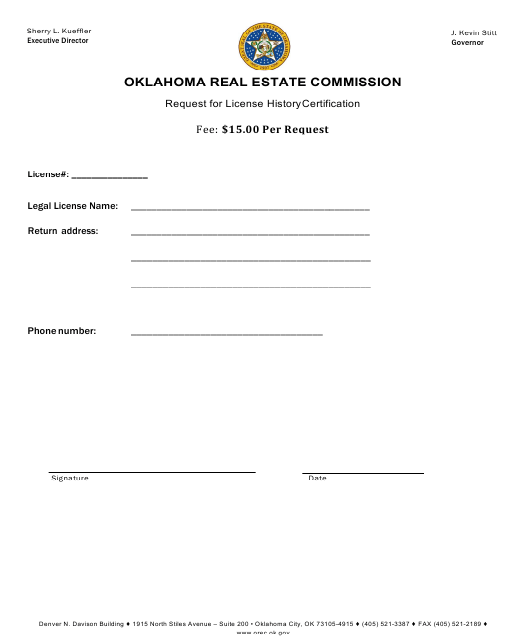
Minnesota requires you to meet certain criteria before you can receive a license as a real estate agent. Minnesota Commerce Department works to ensure real estate agents have the necessary qualifications and are able to work in the State. The minimum requirements are that you be at least 18 and legal citizens of the United States. Although most users are not concerned about citizenship, you could be denied a license in the event of any criminal history or unpaid judgments. An unlicensed activity in real estate is another reason not to be granted a license.
Pre-license education
Pre-license education in Minnesota is an essential part of becoming a licensed agent. It can increase the chances that you pass the exam and avoid having to retake it. Minnesota requires you to be licensed as a real agent within four months. You must complete the pre-license education course, pass the exam, and be sponsored by a licensed broker to license you.
An excellent way to begin your education in Minnesota for your real-estate license is to take an online pre-license course. Three 30-hour courses can be taken to help you get your license. These courses cover topics like valuation, financing, contracts and real estate principles. You can complete the course online through a provider such as ContinuingEd Express. They offer live streaming as well as online courses.

Continued education requirements
Minnesota real estate agents must complete at minimum fifteen hours of continuing education every year. It is 30 hours over a two year renewal period. You can complete the required CE in real estate through a variety of methods, including online classes or on-demand webinars. Kaplan offers both on-demand and live courses to satisfy the state's continuing education requirements. Kaplan's online courses are approved for 3.75 hours of real estate CE and can also qualify for fair housing and agency credit.
The Minnesota Real Estate Commission has adopted a new system for real estate CE credit. Real estate licensees must take at least eight hours worth of continuing education per day. However, they can only complete no more that 15 hours within 24 hours. In order to meet Minnesota's continuing education requirements, brokers and salespeople must complete a pre-licensing CE module each year. These courses can be used to earn 3.75 hours CE credit. They must be completed before June 30, 20,22. An MNR Academy website allows you to complete a course online without the need for a live instructor. The majority of courses are self-paced. Some are also live-streamed. Exam prep courses include both the national exam and the state portion of the Minnesota licensing exam.
Exam
To be able to practice real estate in Minnesota, you must pass the Minnesota Real Estate License Exam. This process helps protect the public by ensuring that the individual possesses a certain level of competence. The state regulatory agency establishes a standard for safe practices. The exam is designed to confirm that an individual has met those standards. Pearson VUE administers the Minnesota real estate licensing exam.
Minnesota real estate license applicants must have passed a prelicense education course and a state exam to be eligible for it. The state mandates that applicants must be at the least eighteen and a lawful permanent residence of the United States. Minnesota has reciprocity agreements in place with many other states, including Wisconsin. If you are a licensed agent in a reciprocal state, you do not have to complete a prelicensing course in Minnesota. Apply through the PULSE Portal, and you will receive a letter certifying that your license is current. Then, you can take the state portion of exam. In Wisconsin, however, you must take a 13-hour Wisconsin-to-Minneseta prelicensing course.

Prices
A real estate license is the first step to becoming a Minnesota agent. With the exception of the actual exam which must be taken in person, the process can be done virtually online. This article will explain the process in detail, including what it will cost and how long it takes. We'll also be discussing the content of the exam and providing some resources to help you find more information.
Minnesota requires that all licensed real estate agents have completed at least 90 hours in pre-licensing training. These can either be taken online, or in classrooms. The cheapest option is the online on-demand course. The average package contains three courses and costs between $200-300.
FAQ
How can I find out if my house sells for a fair price?
It could be that your home has been priced incorrectly if you ask for a low asking price. You may not get enough interest in the home if your asking price is lower than the market value. To learn more about current market conditions, you can download our free Home Value Report.
How much money should I save before buying a house?
It all depends on how long your plan to stay there. It is important to start saving as soon as you can if you intend to stay there for more than five years. But if you are planning to move after just two years, then you don't have to worry too much about it.
How can I get rid of termites & other pests?
Termites and other pests will eat away at your home over time. They can cause serious damage to wood structures like decks or furniture. This can be prevented by having a professional pest controller inspect your home.
Can I get a second mortgage?
Yes. However it is best to seek the advice of a professional to determine if you should apply. A second mortgage can be used to consolidate debts or for home improvements.
What are the top three factors in buying a home?
Location, price and size are the three most important aspects to consider when purchasing any type of home. Location refers the area you desire to live. Price refers the amount that you are willing and able to pay for the property. Size is the amount of space you require.
How long will it take to sell my house
It depends on many factors, such as the state of your home, how many similar homes are being sold, how much demand there is for your particular area, local housing market conditions and more. It can take from 7 days up to 90 days depending on these variables.
How many times do I have to refinance my loan?
This will depend on whether you are refinancing through another lender or a mortgage broker. In either case, you can usually refinance once every five years.
Statistics
- It's possible to get approved for an FHA loan with a credit score as low as 580 and a down payment of 3.5% or a credit score as low as 500 and a 10% down payment.5 Specialty mortgage loans are loans that don't fit into the conventional or FHA loan categories. (investopedia.com)
- Private mortgage insurance may be required for conventional loans when the borrower puts less than 20% down.4 FHA loans are mortgage loans issued by private lenders and backed by the federal government. (investopedia.com)
- 10 years ago, homeownership was nearly 70%. (fortunebuilders.com)
- Based on your credit scores and other financial details, your lender offers you a 3.5% interest rate on loan. (investopedia.com)
- This seems to be a more popular trend as the U.S. Census Bureau reports the homeownership rate was around 65% last year. (fortunebuilders.com)
External Links
How To
How to locate an apartment
The first step in moving to a new location is to find an apartment. Planning and research are necessary for this process. This involves researching and planning for the best neighborhood. You have many options. Some are more difficult than others. Before renting an apartment, you should consider the following steps.
-
Online and offline data are both required for researching neighborhoods. Online resources include Yelp. Zillow. Trulia. Realtor.com. Local newspapers, landlords or friends of neighbors are some other offline sources.
-
Read reviews of the area you want to live in. Yelp and TripAdvisor review houses. Amazon and Amazon also have detailed reviews. You may also read local newspaper articles and check out your local library.
-
Make phone calls to get additional information about the area and talk to people who have lived there. Ask them what the best and worst things about the area. Ask for their recommendations for places to live.
-
Take into account the rent prices in areas you are interested in. Consider renting somewhere that is less expensive if food is your main concern. On the other hand, if you plan on spending a lot of money on entertainment, consider living in a more expensive location.
-
Find out more information about the apartment building you want to live in. It's size, for example. How much does it cost? Is it pet-friendly? What amenities do they offer? Can you park near it or do you need to have parking? Are there any rules for tenants?